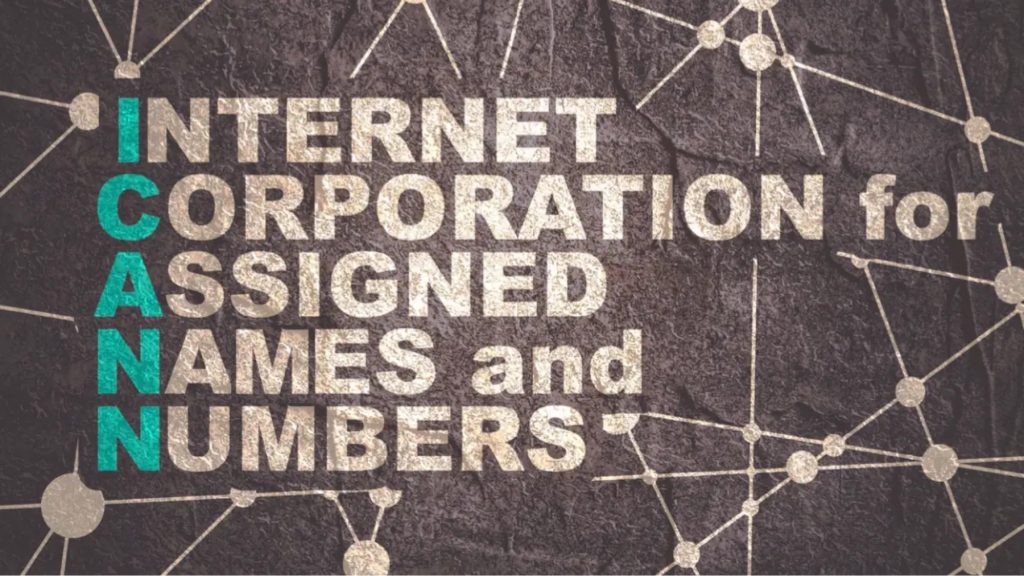
Sally Costerton, the current CEO of the Internet Corporation for Assigned Names and Numbers (ICANN), cautioned against the risks associated with internet fragmentation, in a special interview with Al Jazeera Net, during the 2023 Web Summit in Lisbon, Portugal.
Costerton told Al-Jazeera Net that the internet is a singular network with a flexible infrastructure, and any attempt at segmentation or over-regulation could lead to its downfall, a risk she described as both imminent and real.
Invisible Infrastructure
Costerton, who also serves as the acting president of ICANN, shed light on a common misconception: “What most people see on their phones is not the internet, although they think it is. The internet resembles a house filled with rooms and contents (applications and content), but what makes this house appear as it does is its largely invisible infrastructure to users, comprising a mix of cables, servers, routers, satellites, and more. The focus, however, should be on the domain name, which provides us with web addresses. ICANN’s primary role is to coordinate the technical aspects that make this successful, enabling users to visit a website by simply typing ‘aljazeera.net’, for example.”
She further added that anywhere in the world, entering a website’s name brings up the same result, thanks to the internet being a single network. The danger lies in its internet fragmentation. Built over 30 years based on trust, the internet is a collaborative process involving multiple stakeholders in policy and rule-making, where anyone around the world can play a part.
Perils of Internet Fragmentation
According to Costerton, the internet currently faces two major threats. The first comes from governments keen on regulating content, driven by their inability to see or control parts of the internet they perceive as harmful, intending to protect their citizens. This leads to a break in the internet’s interoperability, which keeps it secure and resilient. “If your house’s foundation has too many cracks, it will collapse,” she said.
The second threat arises from actors who do not believe in a multi-stakeholder governance model, advocating for governments alone to determine rules for managing the internet’s infrastructure. This could lead to the disappearance of the 5.6 billion internet users worldwide.
Web 3, Future of the Internet
When asked about Web 3 and its potential impact on the current internet structure, Costerton remarked, “The internet, as a commercial idea, is roughly 30 years old, preceded by its academic use. It’s a modern technology, advancing rapidly with incredible achievements. In this short time frame, we have seen the emergence of new technologies like AI and its platforms. We’ve heard experts claim that you don’t need the internet because we have AI. However, the internet has always embraced new technologies, demonstrating extraordinary flexibility in its technical infrastructure, never failing or collapsing in 30 years.”
Bias, Harmful Content
Responding to a question about bias in certain online content, the ICANN CEO explained that content bias is linked to the editorial policies of websites and platforms. Companies like Meta and Google allow people to exist on their platforms and express their opinions according to the rules they set, which is outside ICANN’s purview.
Conclusion In closing, Costerton underscored that while everyone at the Web Summit is promoting their business, expecting to benefit from the 5.6 billion internet users, the reality of a potential collapse is real and imminent. Her message was clear: while the allure of regulating the internet is strong among governments, ICANN’s role remains to engage in dialogue with these entities, offering technical expertise and guidance.
Inside Telecom provides you with an extensive list of content covering all aspects of the tech industry. Keep an eye on our Telecom sections to stay informed and up-to-date with our daily articles.